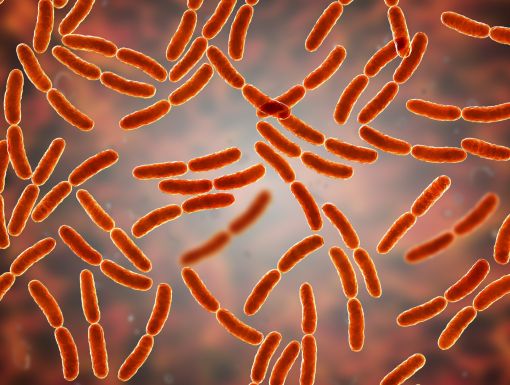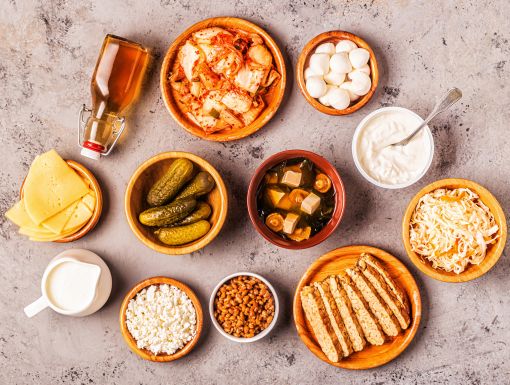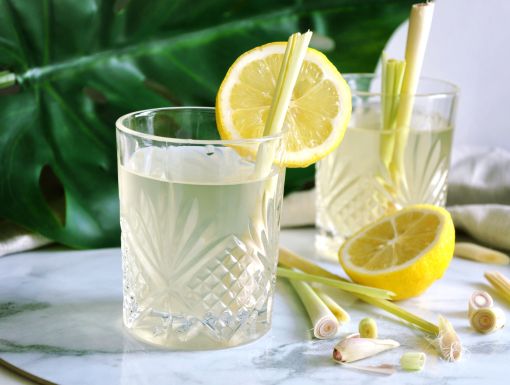
6 Things That Help Your Gut Microbiome and 4 Things That Hurt It
We’ve heard it a million times: “You are what you eat.” As researchers deliver more science around nutrition and how it affects the microbes in our intestinal tract — our gut microbiome — we’re learning that what we eat is key in managing, treating and even preventing health issues from inflammatory bowel disease and carb cravings to mental illness.
Why does gut health matter?
It can’t be emphasized enough: Our gut is far more complex than we ever thought, and has a tremendous influence on our mind, body and spirit. A healthy gut contributes to a strong immune system as well as healthy cardiovascular, nervous and digestive systems. It can even enhance our mood and affect our sleep.
There are several lifestyle changes that we can start making right now that can positively affect our gut health and, in turn, our whole-body wellness.
What helps our gut microbiome?
- Plants! Aim to work in at least 30 different types of plants into your diet per week to include a wide variety of fruits and vegetables
- Foods rich in probiotics – beneficial bacteria found in certain foods or supplements – like Greek yogurt, kefir and kombucha
- Veggies and fruits rich in prebiotics, types of fiber that feed the friendly bacteria in the digestive system
- Fermented foods such as sauerkraut, kimchi and miso
- Nuts, seeds and whole grains
- Exercise: Aim for at least 30 minutes of movement daily
What harms our gut microbiome
- Alcohol, all types
- Added sugars including “natural” sugars like raw coconut sugar, agave and maple syrup
- Refined, processed foods
- Sedentary lifestyle
To schedule a nutrition consult, whether virtually or in-person, contact us at nutrition@ochsner.org or call us at 985-898-7050.
Looking to learn more about gut health? Tune into this FUELED Wellness + Nutrition podcast interview with Dr. Tim Spector, Professor of Genetic Epidemiology at King’s College London, as he shares his fascinating research on microbes, genetics and diet – and how they’re all connected.



